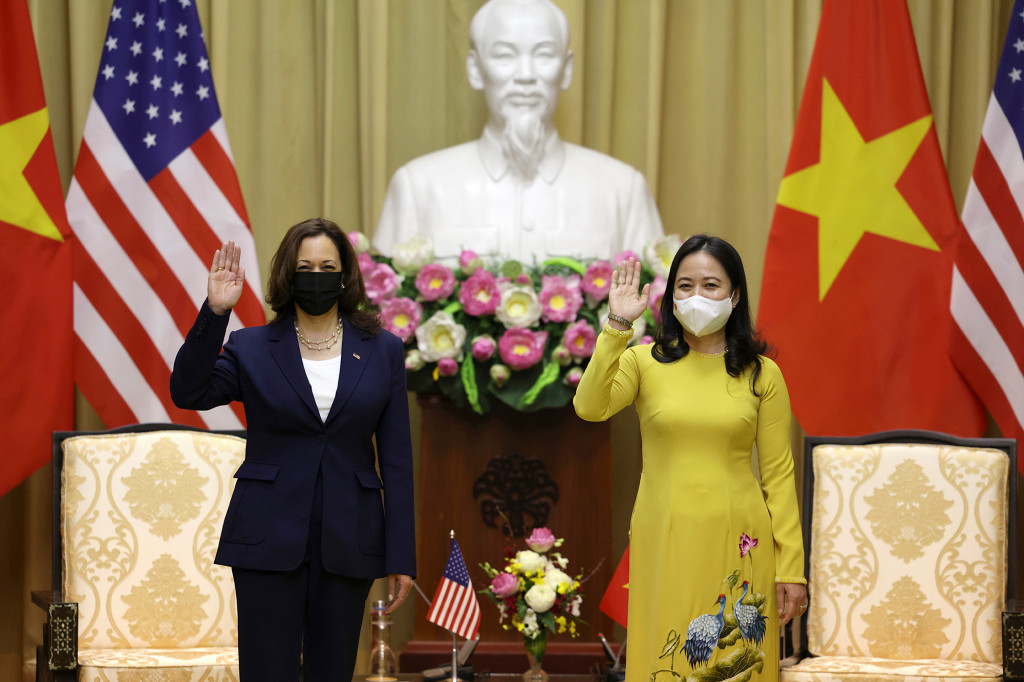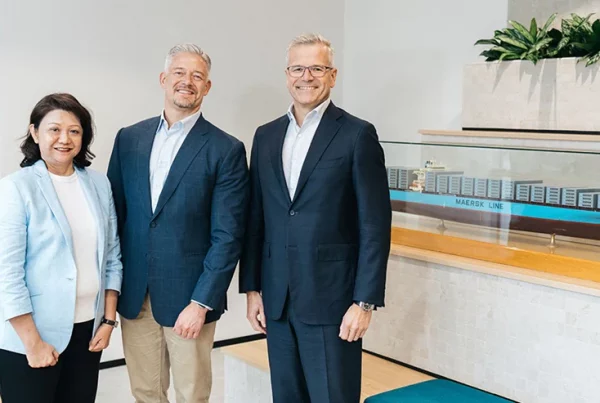
The significance of U.S. Vice President Harris’ trip to Singapore and Vietnam should not be understated—as it is an incredibly complex regional dynamic with many moving parts—an example of three-dimensional chess on a geopolitical scale.
“This global junket for Vice President Harris is all about repairing strategic relationships after the previous administration’s ineffective leadership, boosting bilateral cooperation and trade, and restoring confidence [in the U.S.] amongst all ASEAN member nations, who will be watching closely,” writes Jason M. Cronen, Managing Partner at Garden District Ventures, in a note to investors and limited partners.
“Priorities and cooperation amongst all players in the Mekong River Delta need to include regional security, environmental and water resource issues, human rights, improvements to rural infrastructure, and mounting a coordinated response to the prolonged COVID-19 crisis in Southeast Asia. For some context, The State of Southeast Asia: 2021 Survey Report is well worth reading,” explains Cronen.
“There is no doubt that the Biden administration seeks improved standing with Vietnam, while Hanoi also seeks guarantees from America. As China attempts to assert its dominance in the South China Sea (known as the East Sea to the Vietnamese), no nation on Earth wants to see those waters become a flashpoint,” he says.
“Freedom of navigation operations (FONOPs) in East Asia are critical for the continued expansion of global trade in the wake of manufacturing stoppages and supply chain snags that contribute to rising prices around the globe. Notably, other key allies, namely Australia, India, and Japan are part of the larger conversation in the years and decades to come.”





